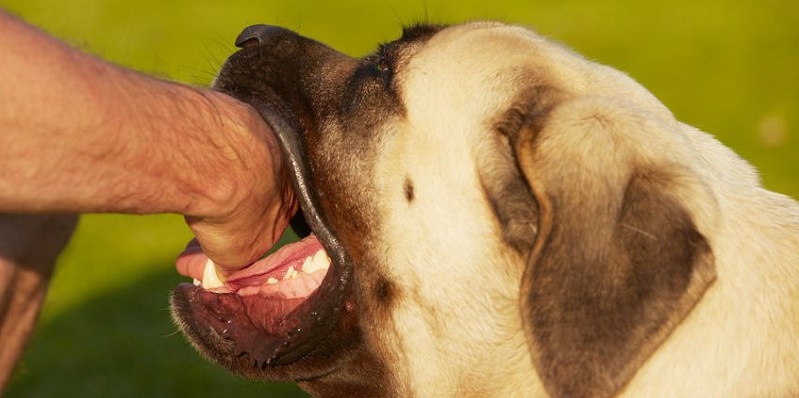Under Colorado’s dog bite law, victims who have suffered serious bodily injuries can only be compensated for economic damages, such as medical expenses and lost wages, but not for losses like pain and suffering and emotional distress if those damages were not a result of the actual physical injury.
Getting Compensated for a Dog Bite Injury in Colorado
Dogs and other animals bite more than 4.5 million U.S. citizens each year (half of those children), according to statistics compiled by the Centers for Disease Control and Prevention. In 2014, Denver was among the top 10 worst U.S. cities for dog attacks and bites, according to a U.S. Postal Service study.
Approximately 885,000 of those bitten by dogs required medical attention to treat their injuries. Many of those dog bite victims are eligible for compensation from the animals’ owners. A person who suffers a dog bite injury in Colorado has two years from the date of the injury to file a claim to recover compensatory damages.
Liability for a Dog Bite Injury
To collect damages, a dog bite victim must first establish who owns the dog. Colorado imposes strict liability upon dog owners whose animals attack others, meaning that the owner is liable for the bite even though he or she might have had no reason to suspect that the dog was dangerous or had a propensity to attack.
Under Colorado’s dog bite law, victims who have suffered serious bodily injuries can only be compensated for economic damages, such as medical expenses and lost wages, but not for losses like pain and suffering and emotional distress if those damages were not a result of the actual physical injury.
To receive compensation for a dog bite injury in Colorado, the victim must be able to prove that:
- The dog owner’s negligent or intentional conduct led to the injury.
- The injury resulted from a violation of a dangerous dog law or leash law.
- The dog owner had knowledge of the dog’s dangerous behaviors, including biting or threatening to bite people.
Dog owners can be determined not liable for dog bites under certain specific circumstances, such as:
- When the bite victim was found to be trespassing on public or private property.
- The dog owner had clearly marked his property with warning signs about the dog that the victim chose to ignore.
- The victim provoked the dog, resulting in the injury.
- The victim was working in their professional capacity with the dog at the time of the injury.
- The dog was a working farm or ranch dog or was performing hunting, herding, or predator control on the owner’s property and was under his or her control at the time of the injury.
Colorado limits recovery for non-economic damages in most instances; however, if an injury victim sustained physical impairment or disfigurement due to the dog bite, this limit does not apply.
Preventing Dog Bites
Although some dog attacks cannot be avoided, there are steps you can take to help prevent a dog bite, including:
- Always ask for permission before reaching out to pet someone else’s dog, and allow it to sniff you first.
- Remain very still if approached by an unfamiliar dog; never run.
- If knocked off your feet by a dog, curl into a ball, tucking your head and placing your hands over your ears and neck.
- Never encourage a dog to play aggressively, even if it seems friendly.
- Don’t disturb a dog that is sleeping, eating, or caring for its young.
Most dog bites can be prevented through responsible pet ownership. If you sustained serious bodily injuries as the result of a dog bite, check out our dog bite and personal injury resources or contact Colorado Attorney Daniel R. Rosen for a free consultation.

